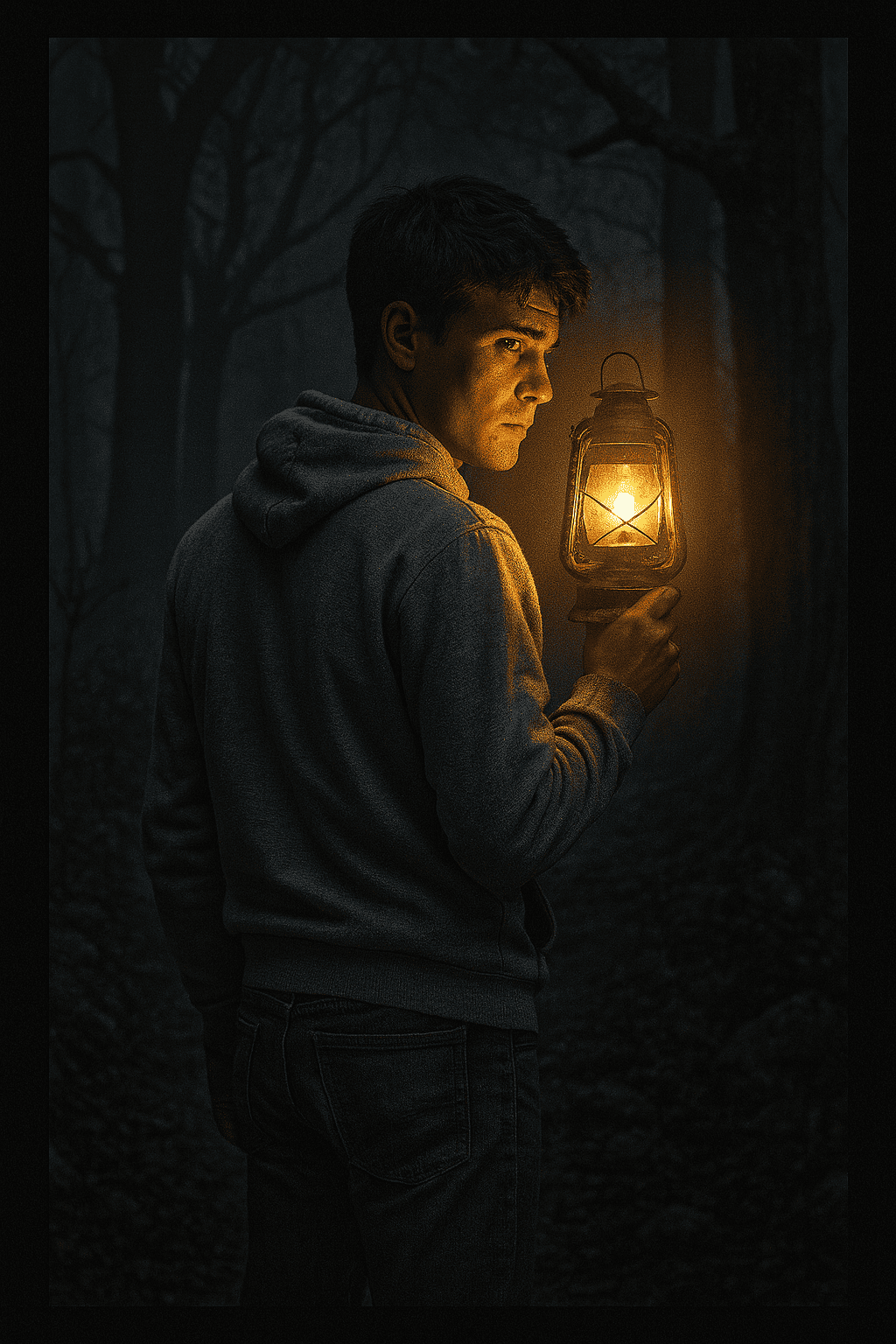


-
U.S. Crime News Digest: May 5–12, 2025
Surge in Mass Shootings Nationwide The United States witnessed a disturbing series of mass shootings during this period: Kalispell, MT (May 11): A man fatally…


Surge in Mass Shootings Nationwide The United States witnessed a disturbing series of mass shootings during this period: Kalispell, MT (May 11): A man fatally…